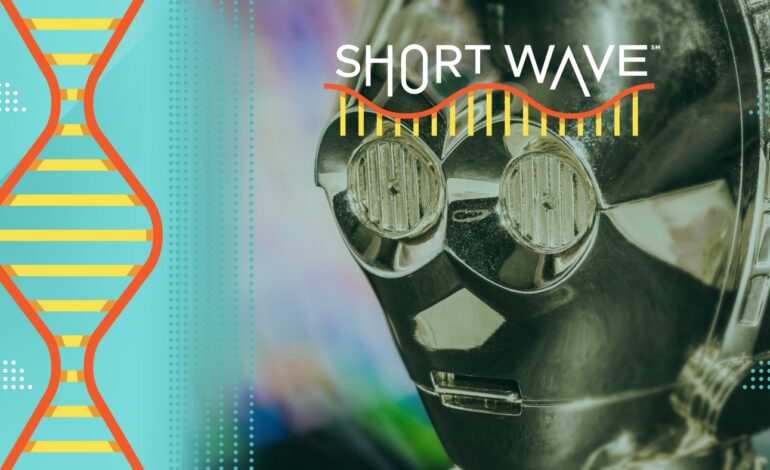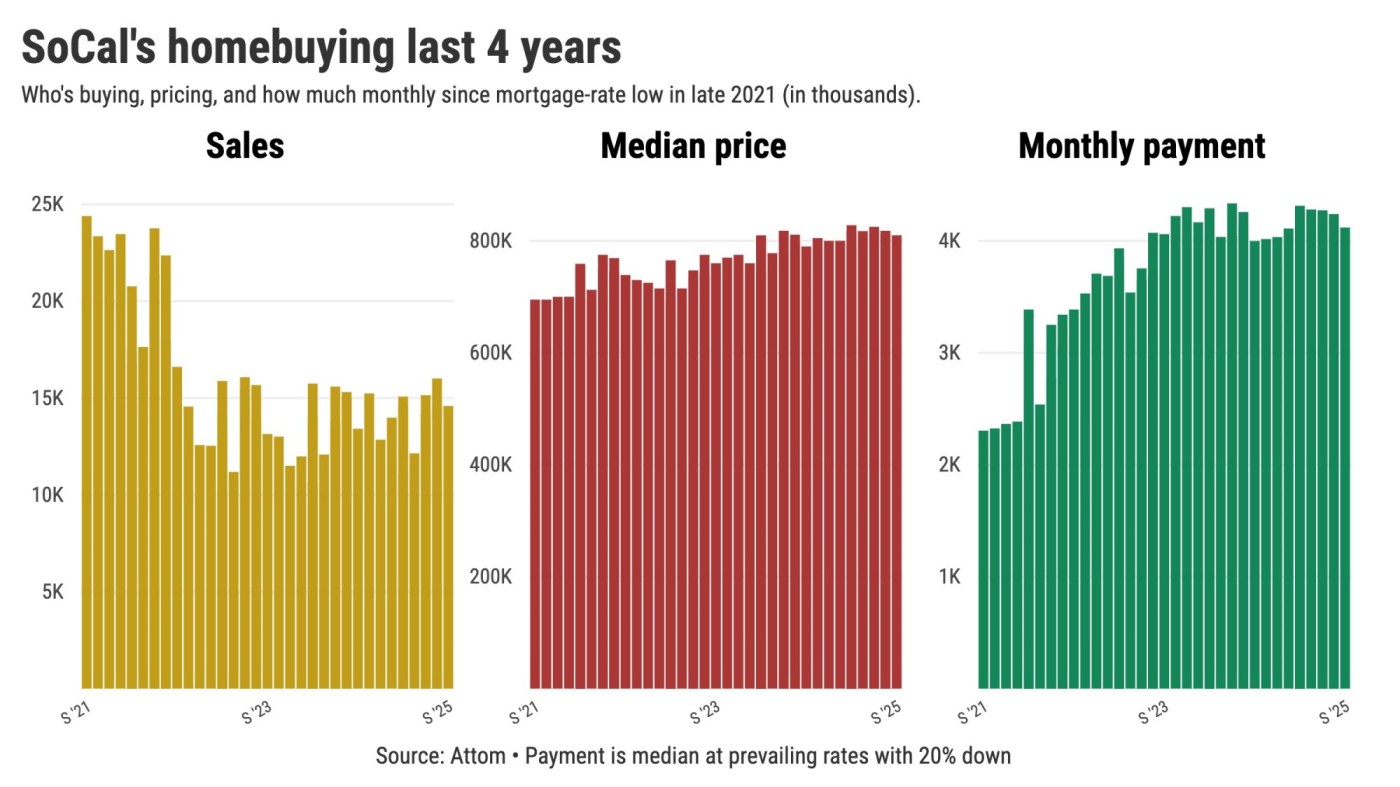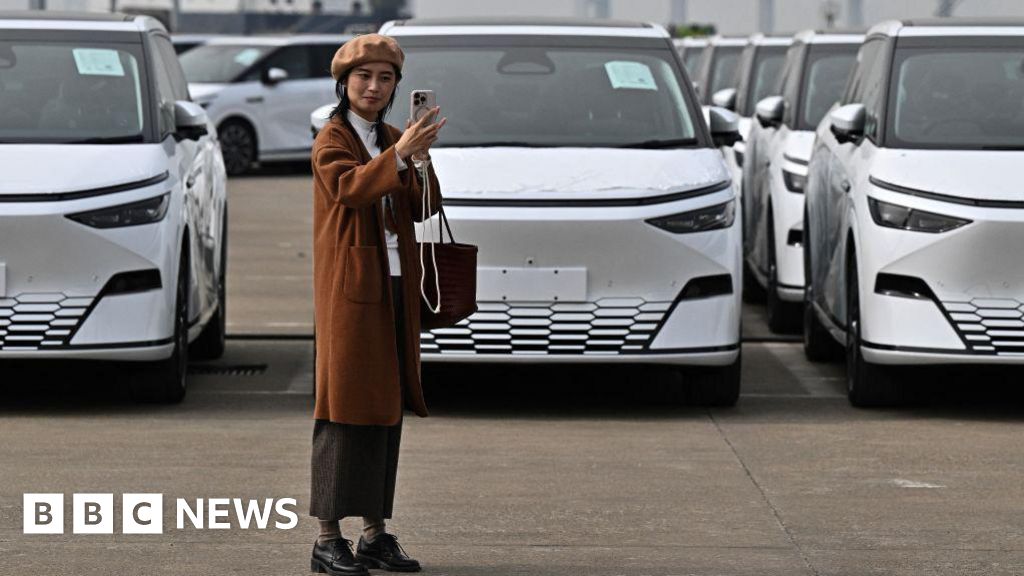Researchers Explore Human-Like Traits in Robot Personalities

Scientists are investigating how incorporating human-like emotional traits into robots could change our interactions with technology. Unlike the typical chatbots that exhibit extraverted, cheerful personalities, some researchers are exploring the potential of creating robots with neurotic and anxious temperaments, similar to characters like C-3PO from Star Wars and Marvin from The Hitchhiker’s Guide to the Galaxy.
This shift in focus stems from a desire to enhance the relatability of robots. According to NPR science correspondent Nell Greenfieldboyce, a team of researchers is delving into the nuances of robot personality, aiming to develop machines that possess a more complex emotional range. These efforts challenge the prevailing trend of designing robots to be perpetually upbeat and confident, suggesting that a more diverse emotional landscape could improve user experience.
Researching Robot Temperament
The team conducting this research is dedicated to understanding how different personality traits affect human-robot interactions. By experimenting with robots that exhibit traits such as anxiety or neuroticism, researchers aim to determine how these characteristics might influence the acceptance and effectiveness of robots in various roles, from caregiving to customer service.
Greenfieldboyce’s reporting highlights that these robots could better resonate with individuals who experience similar feelings of anxiety or insecurity. By mirroring these emotions, robots could foster stronger connections, making them appear more relatable. This approach diverges from the traditional design philosophy that prioritizes a consistently positive demeanor, which may fail to address the complexities of human emotions.
In practical terms, the research could lead to robots that are not only more engaging but also capable of understanding and responding to a wider range of emotional cues. This flexibility may prove beneficial in settings such as therapy or education, where emotional intelligence is crucial.
The Implications of Human-Like Emotions
The implications of creating robots with more human-like personalities extend beyond user interaction. As robots become increasingly integrated into daily life, understanding emotional responses could enhance their functionality and usefulness. For instance, a robot that recognizes signs of stress in a user could adapt its behavior to provide comfort or support.
While the idea of anxious robots may seem counterintuitive, the research underscores a growing recognition that emotional diversity in technology can enrich human experiences. This emerging field not only challenges existing paradigms but also opens up new avenues for innovation in robotics.
As the research progresses, it raises important questions about the future of human-robot relationships. Will society become more accepting of robots that mirror our insecurities? How will these advancements reshape our understanding of artificial intelligence and its role in our lives?
The ongoing exploration of robot personality traits represents a significant step towards more sophisticated, empathetic machines. As researchers continue to push boundaries, the prospect of robots that can genuinely connect with humans becomes more tangible, promising a future where technology is not just functional, but also profoundly human.






